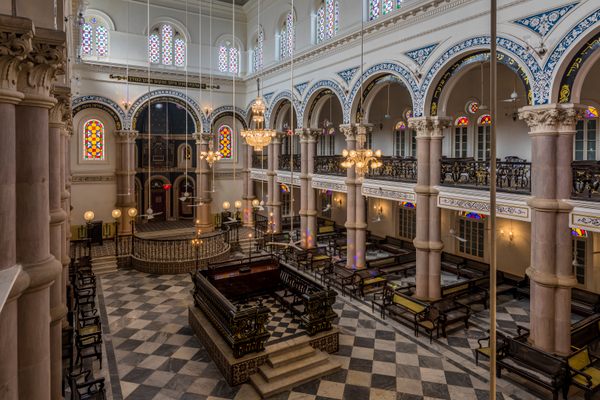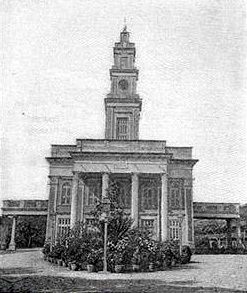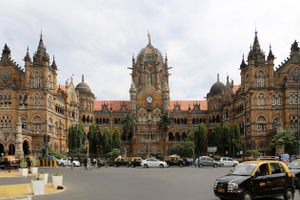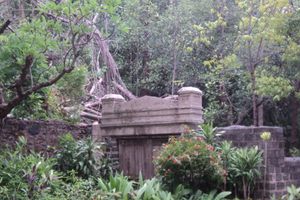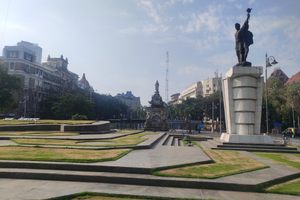About
Located in the bustling neighborhood of Byculla, Mumbai, The Magen David Synagogue, an Orthodox Sephardi synagogue, was constructed in 1864 for the growing population of Baghdadi Jews in Mumbai. Outside of Israel, this synagogue is the largest one for Baghdadi Jewish people in all of Asia.
Originally founded by David Sassoon, who was part of the Sassoon family that settled in Mumbai around 1832, the Magen David Synagogue was constructed as an Orthodox Sephardic synagogue for the Baghdadi Jewish community in India.
In 1910, due to the increase in the Jewish population in Mumbai, Jacob Sassoon, David’s grandson, extended the synagogue to host larger services for the congregation. Today, daily morning services, Sabbath and Sabbath morning prayers are still conducted and a Shulchan breakfast (non-denominational) is served after. The synagogue is open to all religions, although members of the community are primarily Bene-Israel, Cochini or Baghdadi Jewish.
In Mumbai, the synagogue stands out with its bright blue facade, enormous frontal columns, and stunning stained glass windows. The building also features a clock tower and a large prayer hall. The clock tower is visible in the congested neighborhood of Byculla next to businesses, office buildings, schools, street vendors and storefronts.
The synagogue has two Jewish schools associated with it. While the schools were once exclusively for Jewish children, over time—with the migration of Baghdadi Jewish communities to other countries like Israel, Australia, the United Kingdom, and Canada—the schools have opened to all communities in the Byculla area.
Know Before You Go
While open to guests of all religions daily, visiting the synagogue during High Holy Days of Rosh Hashanah, the Jewish New Year, and Yom Kippur, the Day of Atonement, is not recommended as these observances are prayer intensive, demand focus from the parishioners and can involve fasting. It is a living synagogue so please keep that in mind when making your decision to visit and respect the practices therein.
The synagogue offers a non-denominational Shulchan breakfast after morning prayers for all visitors.
Delhi and Rajasthan: Colors of India
Discover Colorful Rajasthan: From Delhi to Jaipur and Beyond.
Book NowPublished
October 2, 2018
Sources
- https://www.myjewishlearning.com/article/the-shulhan-arukh/
- https://books.google.com.pk/books?id=qhKGPprbQaYC&pg=PA42&lpg=PA42&dq=jewish+calcutta+newspapers&source=bl&ots=87gmjVD0N_&sig=Xlbc7sW1oEgHBJeIplkHcz0B404&hl=en&sa=X&redir_esc=y#v=onepage&q=Judah&f=false
- https://www.jstor.org/stable/3622197?seq=1#page_scan_tab_contents
- https://books.google.com/books/about/On_the_banks_of_the_Ganga.html?id=TaZtAAAAMAAJ
- https://books.google.com/books/about/In_an_antique_land.html?id=8vdxAAAAMAAJ
- https://granta.com/passover-in-baghdad/

